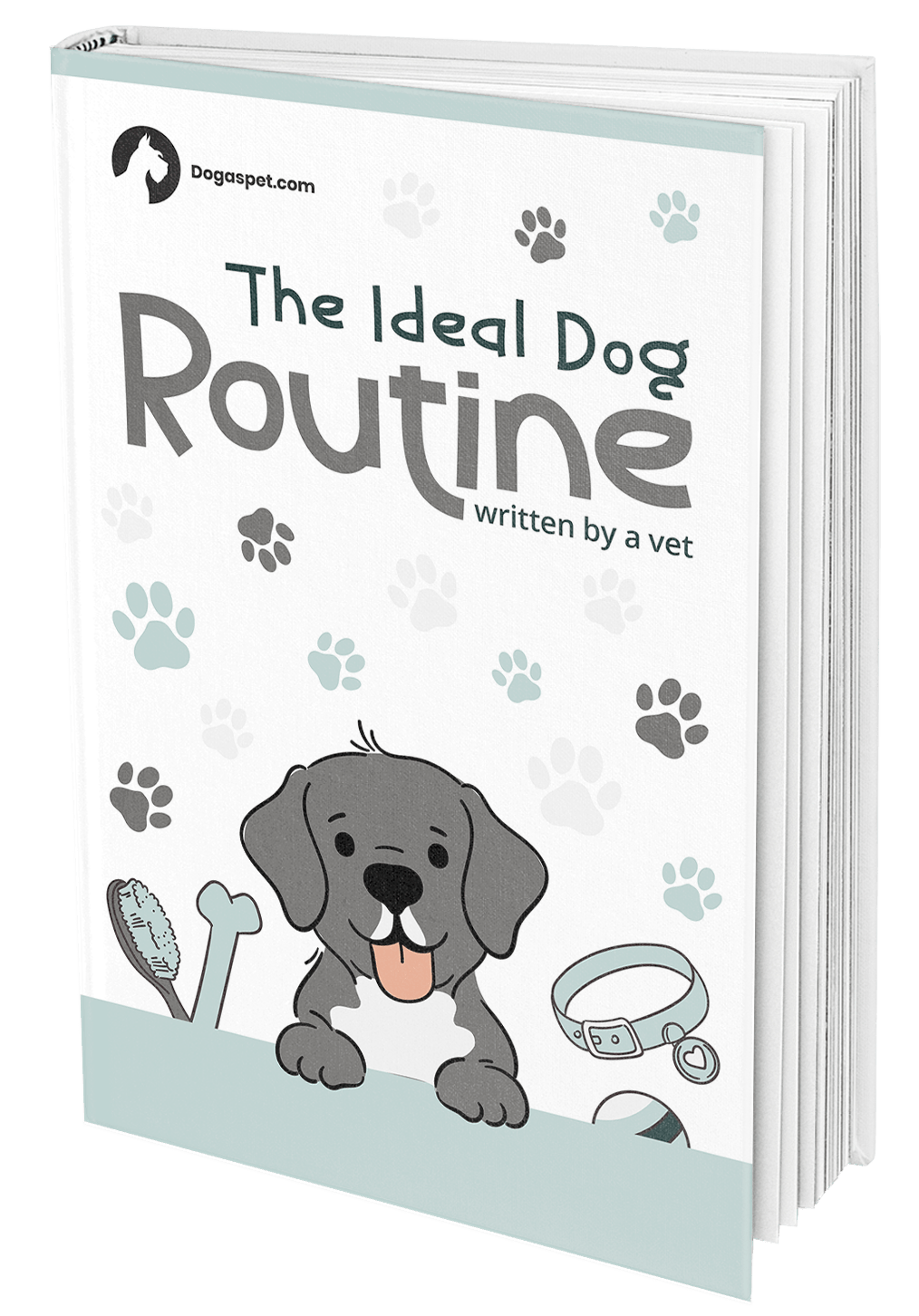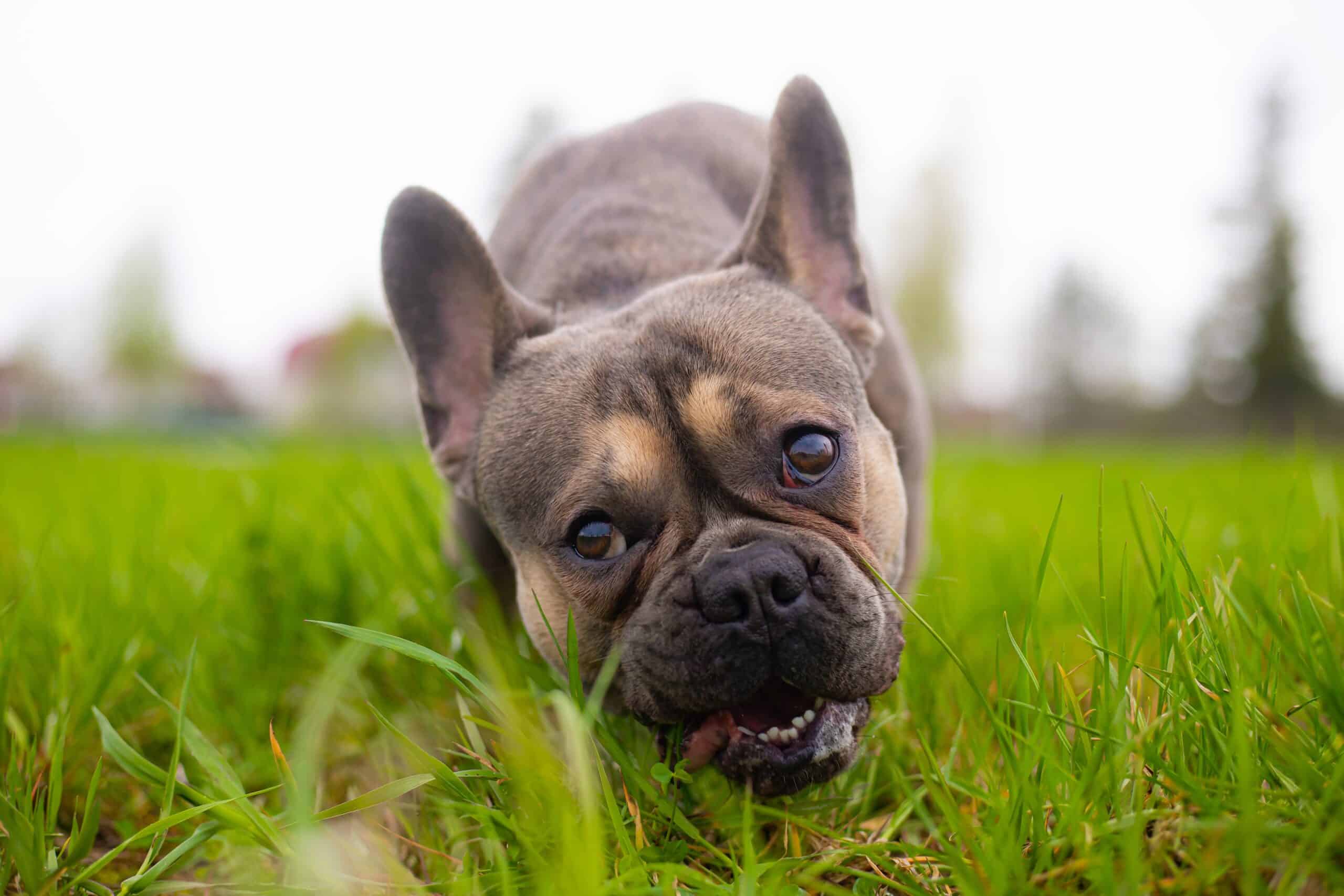
Why do dogs eat grass, and what does it mean when they are coughing? There are a few reasons why dogs may eat grass. Some believe that it could be due to an nutritional deficiency, while others believe that it may help with digestive issues or even provide some relief from boredom. It’s also possible that your dog is simply curious about the new taste and texture of grass.
If your dog is coughing after eating grass, it could be due to a number of different things. If they have eaten a large amount of grass, it could cause them to vomit. This is usually nothing to worry about and your dog will likely be fine. However, if your dog is coughing and seems to be in distress, it could be a sign of something more serious, such as allergies or a respiratory infection. If this is the case, you should take them to the vet to be checked out.
Table of contents
Do dogs eat grass because they like it?
While the cause of why dogs consume grass is as yet unknown, there are a few hypotheses. Some experts think that dogs eat grass because they are low on nutrients like fiber or chlorophyll. Others feel that dogs consume grass to self-medicate, perhaps helping to alleviate nausea or end an upset stomach.
However, the most likely explanation is that dogs simply like the taste of grass. After all, dogs are known for their strong sense of smell, and the grassy smell may simply be too tempting to resist. Whatever the reason, there’s no need to worry if your dog nibbles on a bit of grass from time to time. In most cases, it’s perfectly harmless.
Do dogs eat grass when they are sick?
It’s not uncommon for dogs to eat grass when they’re feeling sick.
If your dog is normally well-behaved and suddenly starts chowing down on your lawn, it could be a sign that they’re trying to soothe their stomach.
Eating grass can help to neutralize stomach acid and make your dog feel better.
However, if your dog is eating grass and coughing, it could be a sign of something more serious, like kennel cough or heartworm.
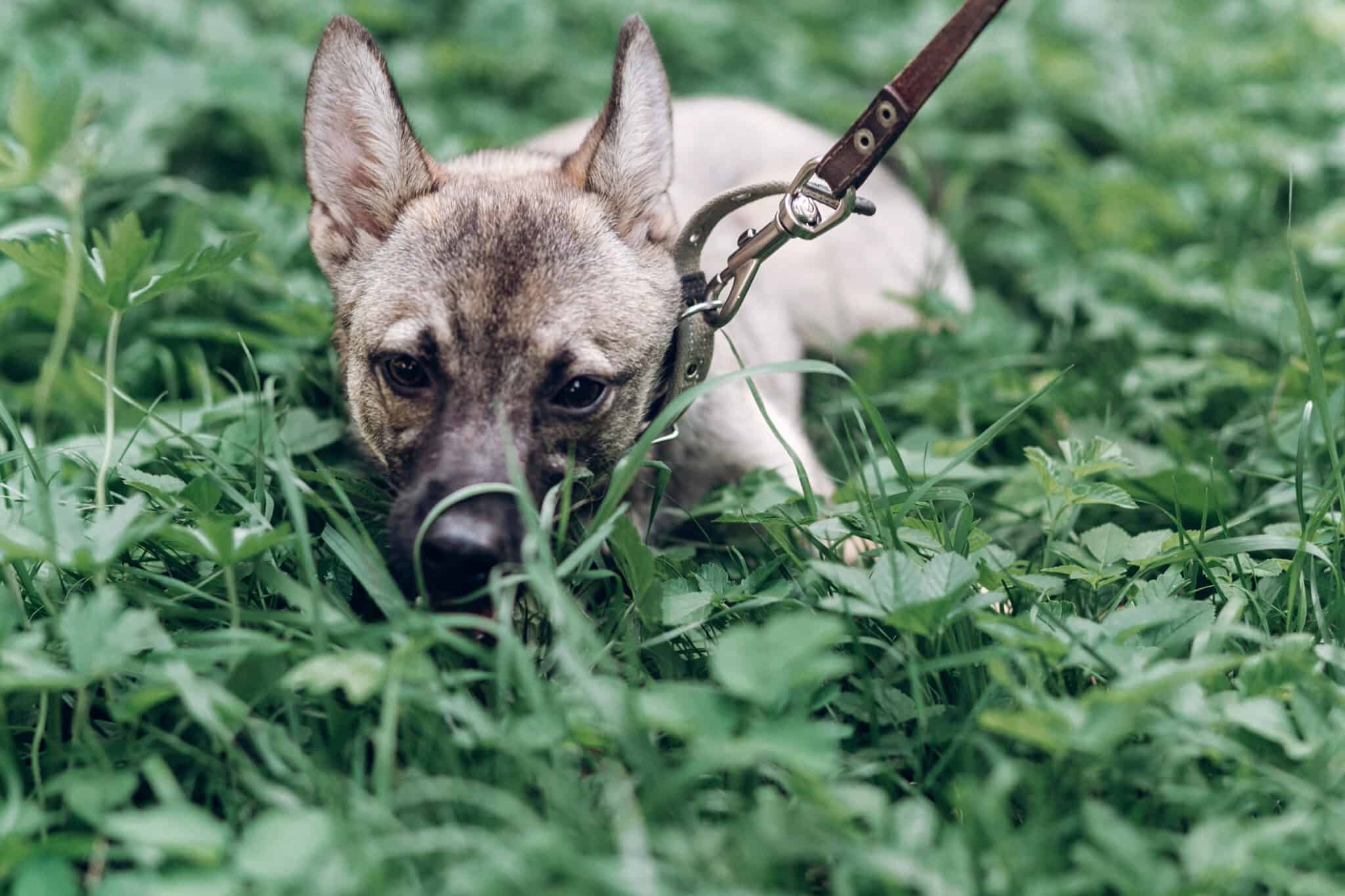
What is kennel cough?
Kennel cough is an infection of the respiratory tract caused by bacteria or viruses. It’s highly contagious and may spread quickly in kennels, boarding facilities, and doggie daycares. A dry, racking cough, a runny nose, and a fever are symptoms of kennel cough. If your dog has any of these signs, they should be seen immediately by a veterinarian.
What is heartworm?
Heartworm is a mosquito-borne disease. The worms reside in the heart and lungs of infected animals, causing serious health issues. Coughing, tiredness, weight loss, and difficulty breathing are all signs of heartworm infection. It’s critical to visit the veterinarian if your dog has any of these symptoms.
Treatment for kennel cough and heartworm
If your dog is diagnosed with kennel cough or heartworm, it will need to be treated by a veterinarian.
Treatment for kennel cough usually involves antibiotics and rest.
Heartworm treatment is more complex and may involve medication, surgery, and/or hospitalization.
It’s critical to visit the veterinarian as soon as possible if your dog is exhibiting symptoms of sickness. For a complete cure, early diagnosis and therapy areessential.
Should you be concerned if your dog is eating grass?
Unless a dog is attempting to self-regulate its stomach acidity, it isn’t usual for them to eat grass. If your dog suddenly starts grazing like a cow, it could be an indication of an upset stomach.
If your dog is also coughing, it could be a sign of something more serious, like kennel cough or heartworm. If your dog is showing any signs of illness, The most important thing is to take them to the veterinarian as soon as possible. A fast recovery is dependent on early detection and treatment.
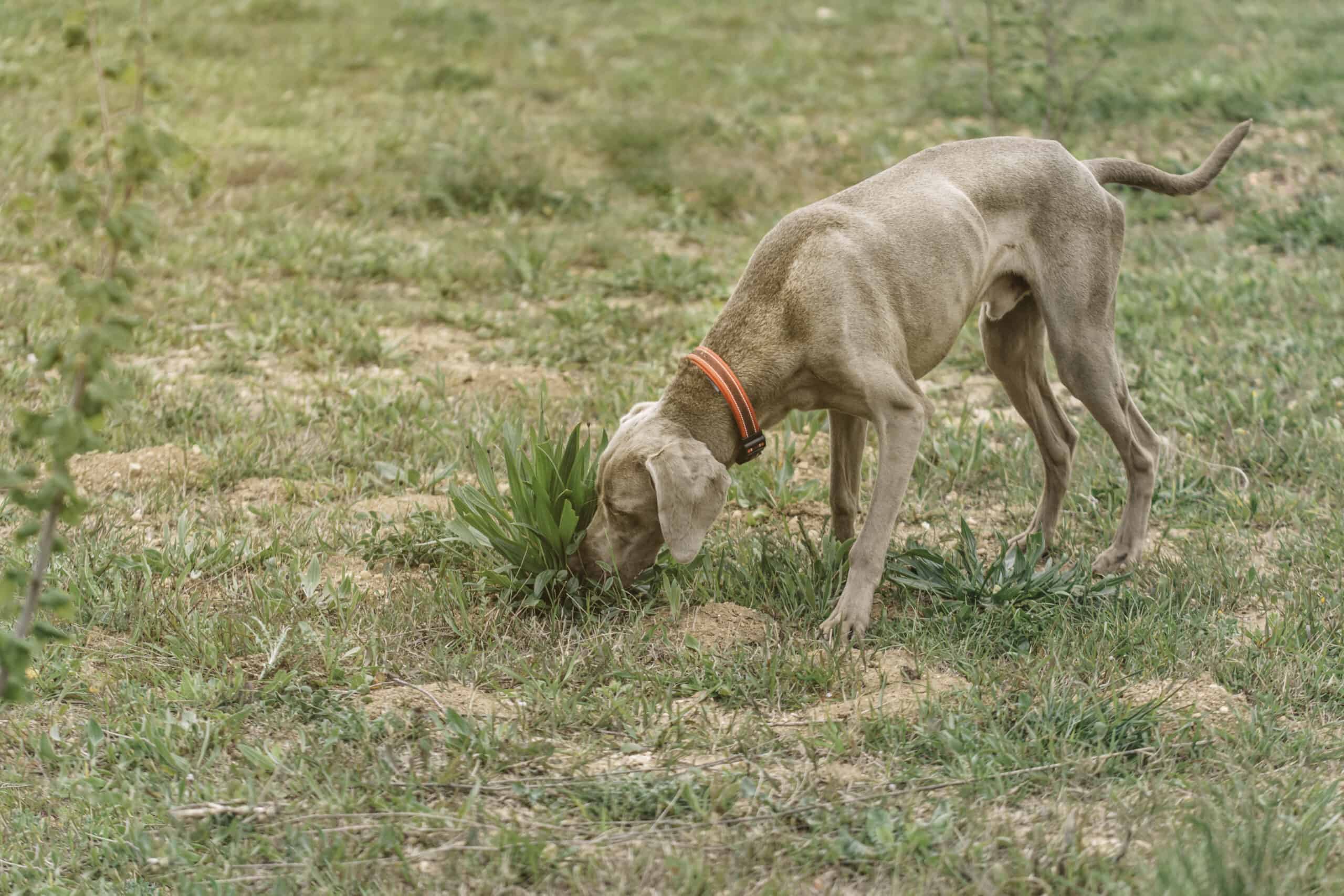
What are the benefits of eating grass for dogs?
Though the jury is still out on why dogs eat grass, there are some potential benefits of grass consumption for dogs. As mentioned previously, grass can help to settle an upset stomach or relieve nausea. In addition, grass is a good source of fiber and chlorophyll, which are both important for a healthy diet.
So, while we may never know exactly why dogs eat grass, there are some possible benefits to this curious behavior. If your dog does consume grass from time to time, there’s no need to worry – in most cases, it’s perfectly harmless.
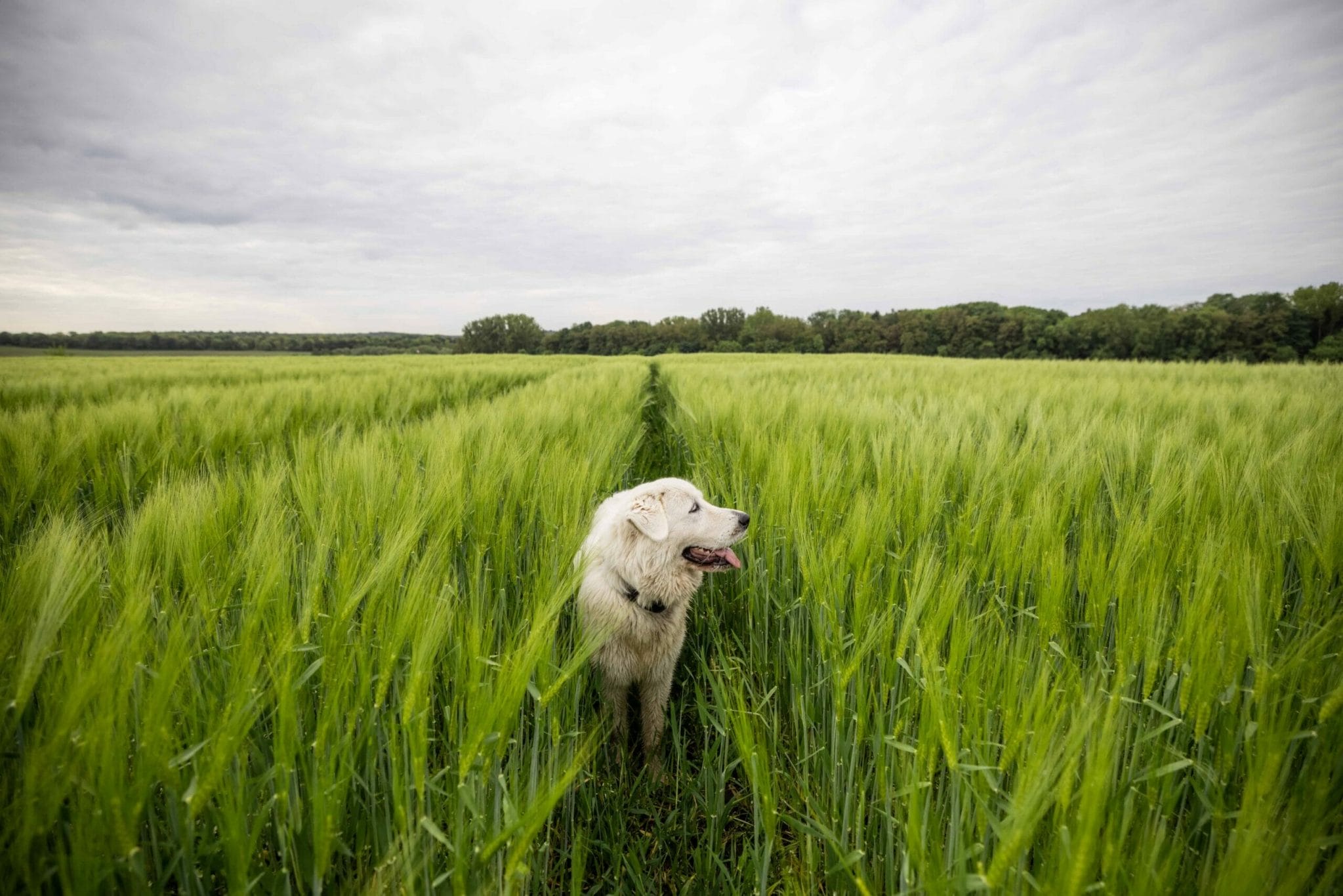
What vitamins do dogs get from eating grass?
There are a few vitamins and minerals that dogs can get from eating grass, including fiber, chlorophyll, and carotene. Fiber is important for keeping the digestive system healthy, while chlorophyll can help to neutralize stomach acid. Carotene is an antioxidant that can help to protect cells from damage.
While these vitamins and minerals are important for a healthy diet, it’s important to remember that dogs should not eat grass excessively. If your dog is eating large amounts of grass or if you notice any other changes in their behavior, it’s important to take them to the vet for a check-up.
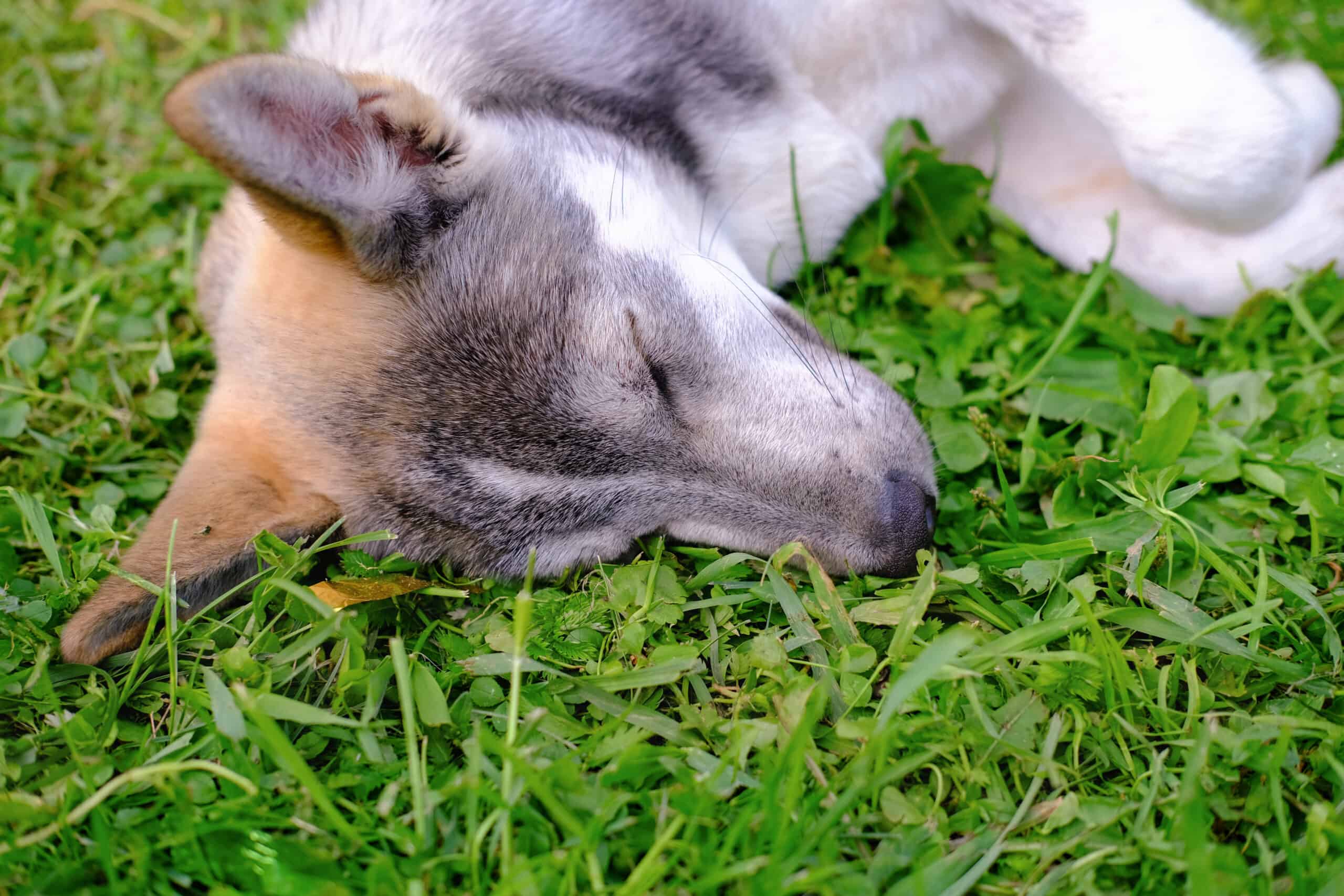
Final word
It’s normal for dogs to eat grass from time to time, and in most cases it’s harmless. However, if your dog is eating grass and coughing, it could be a sign of something more serious, like kennel cough or heartworm. If your dog is showing any signs of illness, It is critical to get them to the veterinarian as soon as possible. For a good recovery, it’s critical to get them to the doctor early.

